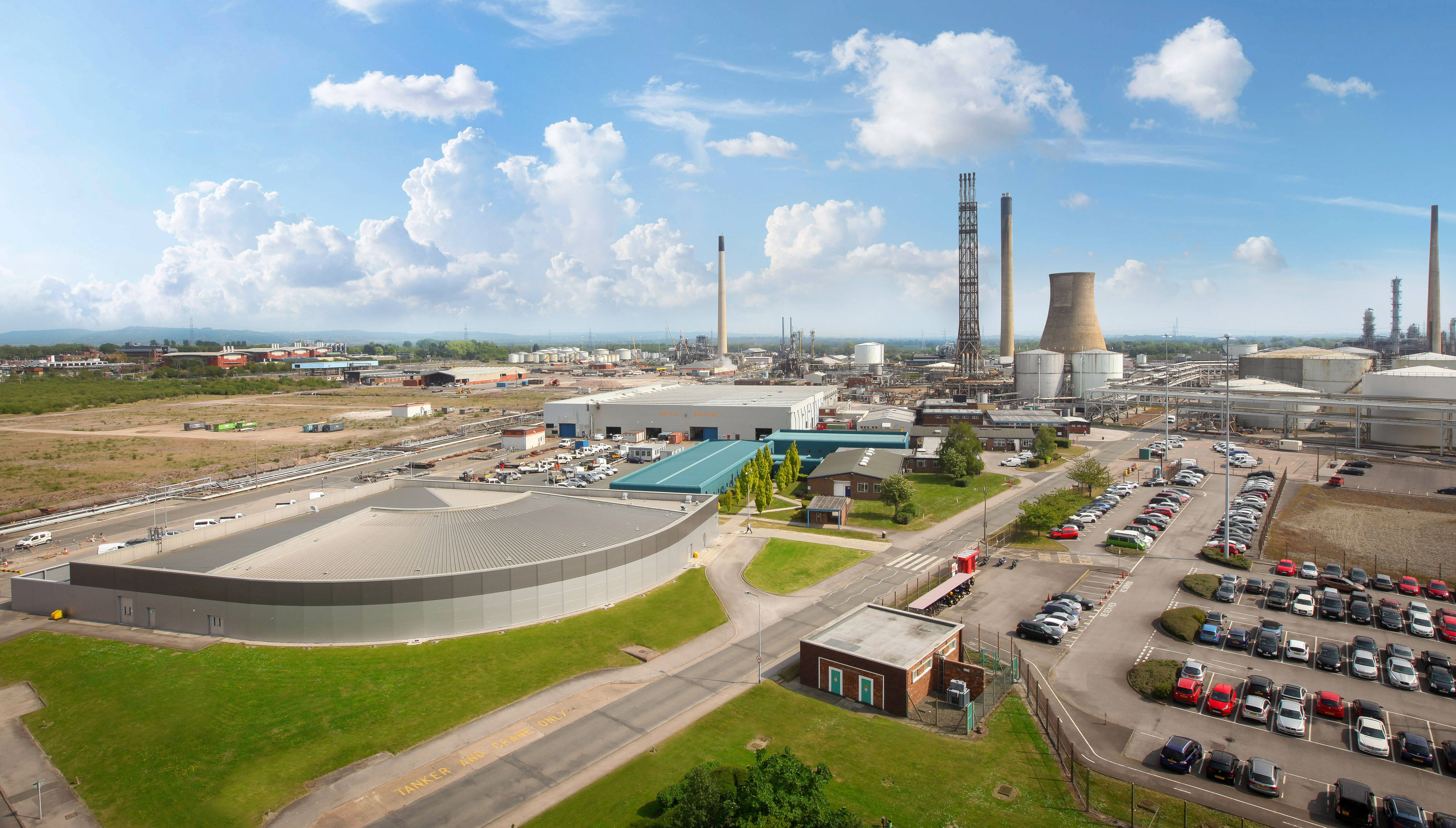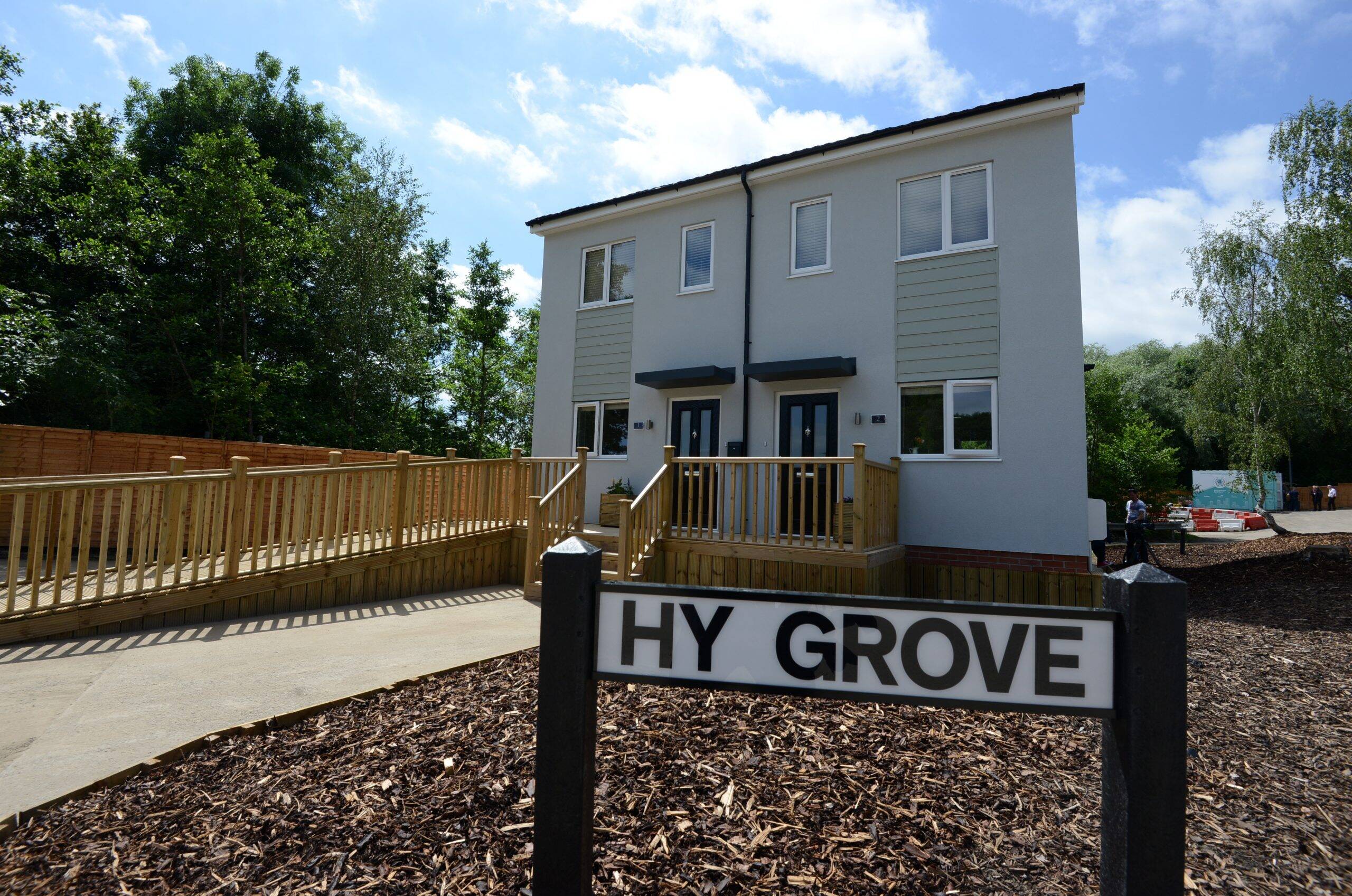You’ve reached your limit!
To continue enjoying Utility Week Innovate, brought to you in association with Utility Week Live or gain unlimited Utility Week site access choose the option that applies to you below:
Register to access Utility Week Innovate
- Get the latest insight on frontline business challenges
- Receive specialist sector newsletters to keep you informed
- Access our Utility Week Innovate content for free
- Join us in bringing collaborative innovation to life at Utility Week Live

Redcar and Ellesmere Port-based projects have been named by energy regulator Ofgem and the government as potential sites of the UK’s first hydrogen village.
Gas distributor Northern Gas Networks and a Cadent and British Gas partnership have been given the go ahead to further explore respective hydrogen for heating and cooking projects in Redcar in Teeside and Ellesmere Port in Cheshire by the government and Ofgem.
Populating a two-strong shortlist revealed on 9 May, the projects are both slated to begin in 2025 and run for around two years if ultimately selected in 2023.
Heating homes and powering industry with gas is currently responsible for up to a quarter of the country’s carbon emissions, with the average UK household currently emitting more than 2.7 tonnes of carbon dioxide annually according to Cadent – mainly by burning natural gas for heating, hot water, and cooking.
Switching to hydrogen is one option to tackle these emissions, with the government and industry already exploring the option of repurposing the UK’s gas network to transport 100% hydrogen. Additionally, in the government’s recent strategy for energy security in Great Britain, the hydrogen production target was doubled to 10GW, at least half of which will be green hydrogen produced by electrolysing water using renewable power.
Currently around 700 homes near Gateshead are already being heated by a blend of hydrogen and natural gas while a number of homes in Fife, Scotland, will become the first to use 100% hydrogen.
Utility Week Innovate profiles both shortlisted hydrogen village projects.
Ellesmere Port – Cadent and British Gas
 Up to 2,000 properties in the Whitby area of Ellesmere Port in Cheshire would switch from natural gas to hydrogen for heating and cooking under Cadent and British Gas’ proposal – which is backed by Cheshire West and Chester Council.
Up to 2,000 properties in the Whitby area of Ellesmere Port in Cheshire would switch from natural gas to hydrogen for heating and cooking under Cadent and British Gas’ proposal – which is backed by Cheshire West and Chester Council.
The town of around 61,000 people is on the south eastern edge of the Wirral Peninsula on the River Mersey, roughly 11 miles from Liverpool.
If Ellesmere Port is picked to host the UK’s first hydrogen village, every property in the selected area will be given a free hydrogen-ready boiler upgrade, with Cadent and British Gas pledging that residents will pay the same to use hydrogen as they would pay for using natural gas during the two-year scheme.
Cadent and British Gas have written to all residents whose properties would be supplied with hydrogen, to explain the programme in more detail, with each property in the area to be surveyed.
“Previous projects have clearly shown hydrogen’s potential, and now, with this scheme, we are showing how hydrogen can be used at scale to cut emissions from heating and cooking,” Marc Clarke, head of hydrogen consumer at Cadent – which provides gas to 11 million homes nationwide – said.
The shortlisted Whitby-based hydrogen village project has been selected in part due to its proximity to the HyNet scheme at Ellesmere Port’s Stanlow Manufacturing Complex, which is earmarked to produce, store, and distribute low-carbon hydrogen from the mid-2020s, as well as capturing and storing carbon dioxide emissions from industry in the north west.

“We already know that Whitby has an unparalleled geographic location for hydrogen,” Clarke added. “The north west is already on track to produce the low carbon hydrogen required for the scheme from Ellesmere Port’s HyNet project, and we have been undertaking work over the past few years to ensure the region’s pipes are ready to take hydrogen.”
Professor Joe Howe, chair of the North West Hydrogen Alliance and executive director of the Thornton Research Institute at the University of Chester, described the project’s shortlisting as a “watershed moment” for the north west’s hydrogen rollout.
 “Government has recognised the role of hydrogen in both reaching net zero and increasing our energy security, it’s practical projects like the hydrogen village that will demonstrate that positive change is happening,” he added. “The north west’s leaders, businesses and academic institutions are all working together to make hydrogen a reality, capitalising on our industries, skills and natural assets. The region is the clear choice for such an innovative energy project.”
“Government has recognised the role of hydrogen in both reaching net zero and increasing our energy security, it’s practical projects like the hydrogen village that will demonstrate that positive change is happening,” he added. “The north west’s leaders, businesses and academic institutions are all working together to make hydrogen a reality, capitalising on our industries, skills and natural assets. The region is the clear choice for such an innovative energy project.”
Redcar – Northern Gas Networks
 Northern Gas Networks’ Redcar-based proposal involves switching the gas supply from natural gas to clean burning hydrogen for around 2,000 homes and businesses in parts of the town, including the town centre, Warrenby, Coatham and an area of Kirkleatham.
Northern Gas Networks’ Redcar-based proposal involves switching the gas supply from natural gas to clean burning hydrogen for around 2,000 homes and businesses in parts of the town, including the town centre, Warrenby, Coatham and an area of Kirkleatham.
The seaside town on the Yorkshire coast is located seven miles east of Middlesbrough and had a population of 37,073 at the last census.
Redcar was selected in part as it lies within the East Coast industrial cluster and is in close proximity to established energy infrastructure including hydrogen production and storage facilities. The varied housing in the local area is also said to be representative of homes throughout rest of the UK.
 The gas provider for more than 2.7 million homes and businesses across the north east, northern Cumbria and much of Yorkshire is already playing a leading role in H21, a suite of Ofgem funded projects to demonstrate that the existing gas network can be repurposed to carry hydrogen, and is a partner in HyDeploy, a project to blend 20% hydrogen into the existing gas supply with no changes required in customer homes.
The gas provider for more than 2.7 million homes and businesses across the north east, northern Cumbria and much of Yorkshire is already playing a leading role in H21, a suite of Ofgem funded projects to demonstrate that the existing gas network can be repurposed to carry hydrogen, and is a partner in HyDeploy, a project to blend 20% hydrogen into the existing gas supply with no changes required in customer homes.
“Teesside has a proud industrial heritage and is now embracing the green industrial revolution with hydrogen production bringing skilled jobs to the area,” Mark Horsley, CEO of Northern Gas Networks, said of the plans.
“Heating homes and businesses with this homegrown hydrogen, which will be stored locally, is a logical step as part of our work to bring sustainable, affordable and secure energy supplies to customers and communities throughout the north of England. We are looking forward to engaging with the people and businesses of Redcar to develop our proposals further.”
Tees Valley Mayor Ben Houchen added: “This is yet another fantastic example of how Teesside, Darlington and Hartlepool are driving forward low carbon innovation and comes hot on the heels of other schemes across the region, including major investments in hydrogen production. These, along with our offshore wind and Net Zero Teesside’s carbon capture, utilisation and storage power plant on Teesworks are putting us front-and-centre of the UK’s ambitions in the sector.”

See this content brought to life at Utility Week Live, 17-18 May 2022 NEC Birmingham. FREE to attend for utilities. Register today
Decarbonising heat and Delivering smart energy networks are among the frontline challenges at the heart of Utility Week Live 2022’s live content programme. View the programme.




Please login or Register to leave a comment.